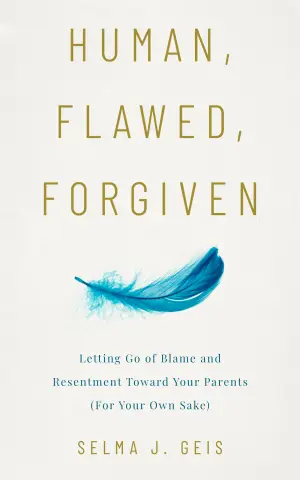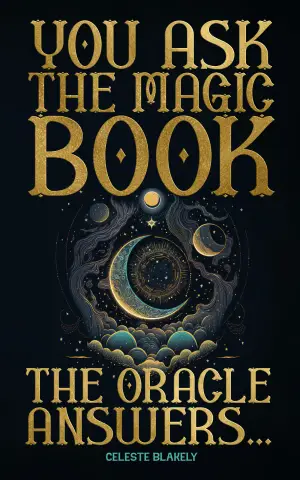Exploring the Depths of the Cosmos: A Review of The Triton Disaster
As a passionate reader and devoted fan of hard science fiction, I was immediately drawn to Brandon Q. Morris’s The Triton Disaster: Hard Science Fiction (Solar System Series Book 4). With a premise involving space travel, intriguing characters, and complex science, the book promised a captivating journey that could very well send my imagination soaring through the cosmos.
At the heart of this novel is Nick Abrahams, a seasoned astronaut who has hit a crossroads in life. Having achieved the dubious distinction of holding the world record for space launches, Nick finds himself languishing in the monotony of hosting space tours after a personal disaster—his wife leaving him. It’s a setup that many can resonate with: a character yearning for purpose while grappling with the pain of solitude. When he accepts a lucrative offer from a Russian billionaire to repair a facility on Neptune’s moon, Triton, he sees a chance for a fresh start—a shot at turning his dreams of owning a vineyard into reality.
Morris weaves a compelling narrative that expertly balances scientific rigor with emotional depth. The journey is not merely a physical one; it’s a profound exploration of self. I particularly enjoyed the quirky companionship between Nick and Oscar, the AI cleaning robot. Their dynamic introduces an element of humor that counterbalances the tense moments, making for a refreshing read. As Nick faces unforeseen dangers and moral dilemmas, the bond with Oscar deepens in unexpected ways, raising questions about autonomy and humanity’s relationship with technology.
Stylistically, Morris’s prose is accessible yet rich, allowing readers to fully immerse themselves in the detailed world he’s constructed. The pacing ebbs and flows; while some may find the scientific speculation a touch heavy at times, I appreciated the meticulous thought process behind the technology featured. Not to mention, moments of humor peppered throughout, particularly during Nick and Oscar’s interactions, kept the narrative engaging.
For fans of hard science fiction, Morris delivers not just a story, but an experience filled with thoughtful questions about identity, ambition, and the human condition. A standout quote that echoes throughout the narrative is Nick’s reflection on loneliness: “It’s not the absence of others that weighs me down but the silence that fills the void.” This encapsulates the book’s core theme—our journeys are often influenced as much by our emotional landscapes as by our physical trajectories.
If you enjoy tales that combine the thrill of space exploration with human introspection, The Triton Disaster is a must-read. It’s perfect for anyone craving a blend of scientific adventure and personal growth. As I closed the book, I felt not only entertained but also encouraged to ponder the deeper connections between technology and humanity, and where our dreams might take us amidst the stars.
In summary, whether you’re a long-time fan of the Solar System Series or a newcomer to Morris’s work, The Triton Disaster will not disappoint. It’s an exhilarating journey worth taking—just be prepared to contemplate what you truly seek amongst the cosmos.
You can find The Triton Disaster: Hard Science Fiction (Solar System Series Book 4) here >>






